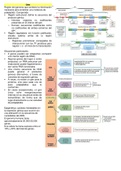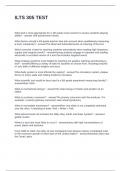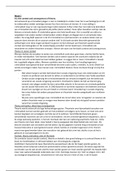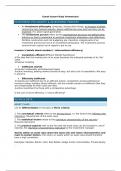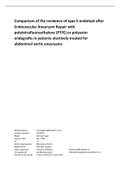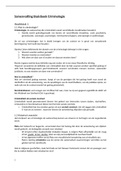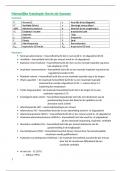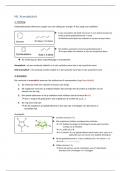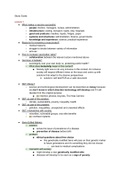1.1 The history of organisational behaviour
The following seven people-centred practices are in successful companies:
Job security (to eliminate fear of losing a job).
Careful hiring (emphasising a good fit with the company culture).
Power to the people (via decentralisation and self-managed teams).
Generous pay for performance.
Lots of training.
Less emphasis on status (to build a ‘we’ feeling).
Trust-building (through the sharing of critical information).
Some organisational behaviour issues are becoming even more challenging as the activities
of organisations become increasingly global in reach, either because outsourcing and
specialisation places activities where there is an operating advantage, or because
organisations seek to pursue opportunities wherever they may arise.
In the nineteenth century, sociologists such as Karl Marx, Emile Durkheim and Max Weber
studied the implications of a shift from feudalism to capitalism and from an agriculture-
based society to an industrial one. Karl Marx studied the development of the working class,
while Emile Durkheim studied the loss of solidarity in the new kind of society. Max Weber
was the first to study the working of organisations and the behaviour of people within
organisations. From the late 1930s the human factor started receiving more attention but it
took several decades before the organisational behaviour field became well developed.
1.2 A rational-system view of organisations
Frederick Taylor is the founding father of scientific management, a scientific approach to
management in which all tasks in organisations are analysed, routinized, divided and
standardised in depth, instead of using rules of thumb. Taylor made the work of labourers
more efficient by increasing the speed of work and by organising the work differently. He
studied each task by comparing how different workers performed the same task. The next
step was eliminating the unnecessary subtasks and timing the fastest performance of each
task. Each task had to be performed in the one best way. Applying the ideas of Taylor
resulted in the following consequences for the factory owners and workers:
Higher output.
Standardisation.
Control and predictability.
The routine of the tasks allowed the replacement of skilled workers by non-skilled
workers.
Thinking is for the managers, workers only work.
Optimisation of the tools for each worker (such as size and weight of the tools).
There is a strong incentive to keep the assembly line moving as fast as possible. However,
there is an increasing focus on quality and flexibility. Taylor did neglect some important
organisational behaviour aspects, the importance of job satisfaction, non-financial work
incentive and the positive role of groups and teams. The systems and machinery replaced
craftsmen’s skills and destroyed work satisfaction is called job deskilling.


